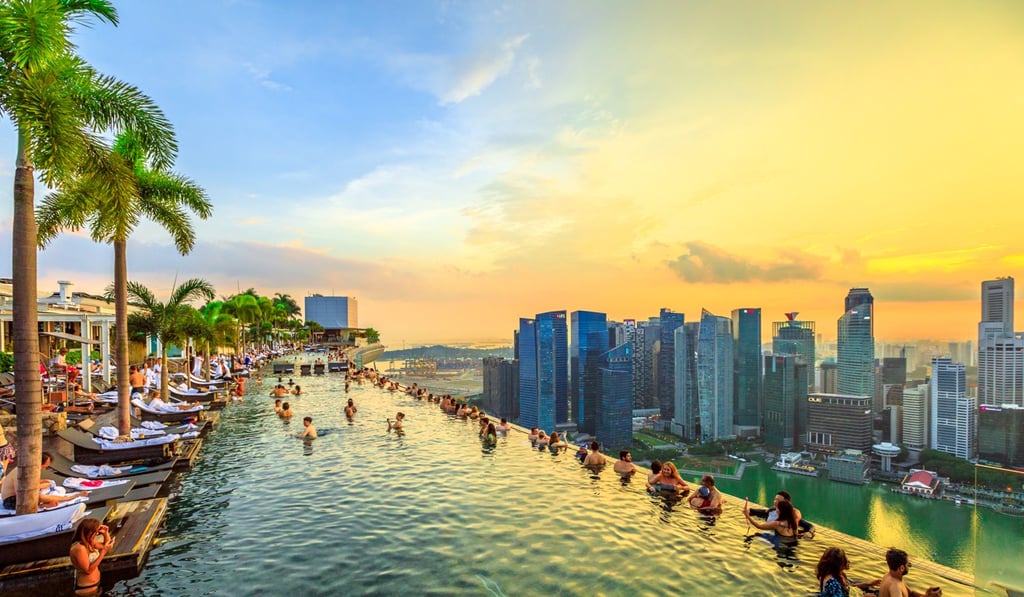Advertisement
How Singapore plans to create the city of the future and reinvigorate its economy
- More than a third of the nation’s exports go to China or the US, putting it on the front line in the trade war and battering its latest export figures
- On the other hand, Singapore offers stability, world-class infrastructure, low crime rates and proximity to the world’s fastest-growing economies
Reading Time:4 minutes
Why you can trust SCMP

Singapore rose to be one of the world’s most advanced cities by using its position as a trading hub to attract technology and investment. Now, caught in the squalls of a shift in global trade and technological change, the nation is pouring money into ideas that could define the way cities are built and run in future, making it a test bed for urban innovation.
Advertisement
The island has few natural resources, hardly any land and faces many of the challenges that beset bigger developed nations such as Germany and Japan – an ageing society, resistance to immigration, reliance on global trade. More than a third of the nation’s exports go to China or the US, putting it on the front line in the trade war and battering its latest export figures.
Economists now see Singapore growth in 2019 around 1.4 per cent, down from 2.2 per cent in June, according to a Bloomberg survey.
On the other hand, Singapore offers political stability – one party has ruled since independence – world-class transport and infrastructure, a strong financial system, low crime rates, and a location in the centre of some of the world’s fastest-growing economies.
How will the “little red dot” stay ahead in the race to create the city of the future and reinvigorate its economy?
Advertisement


Advertisement